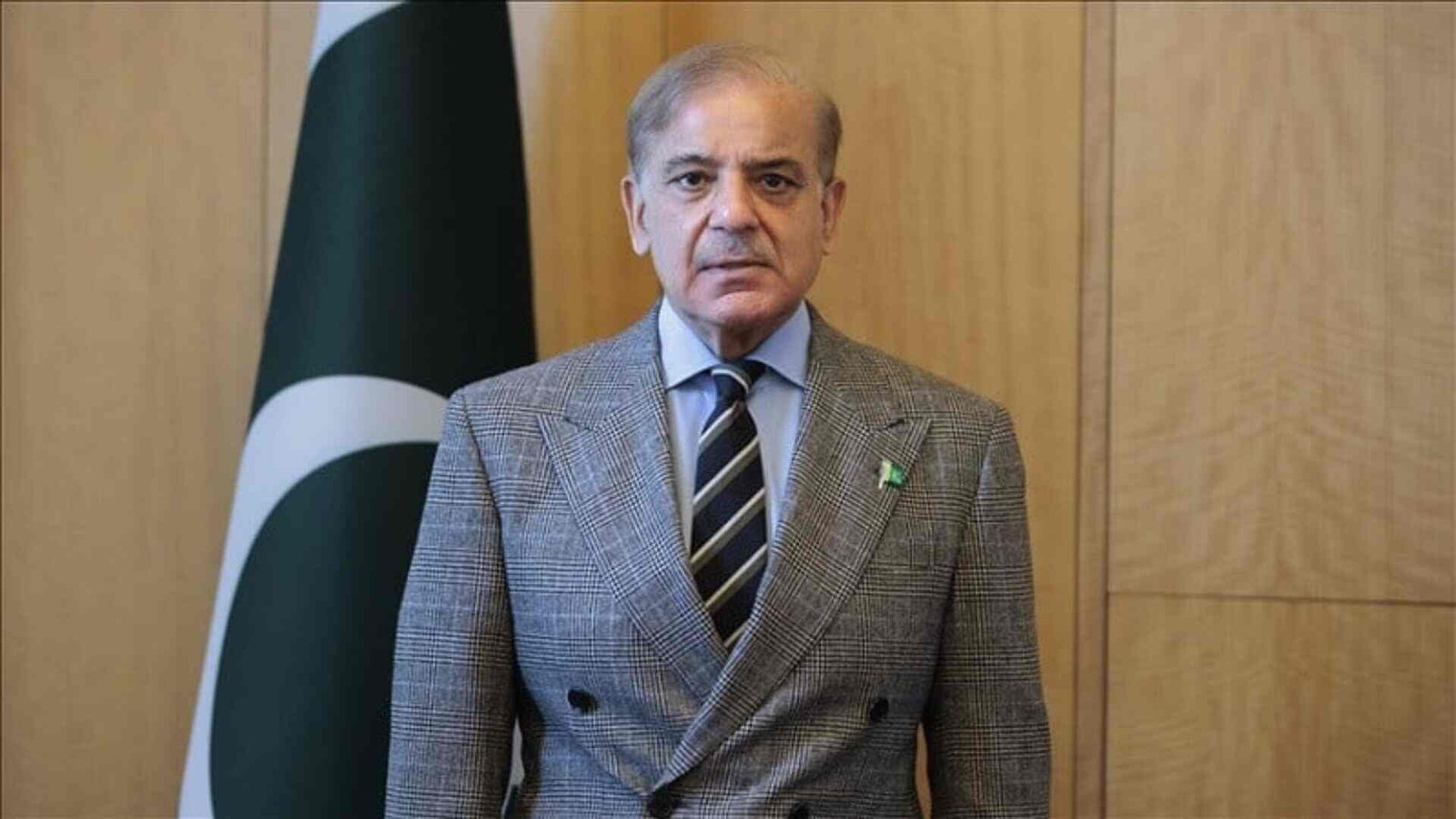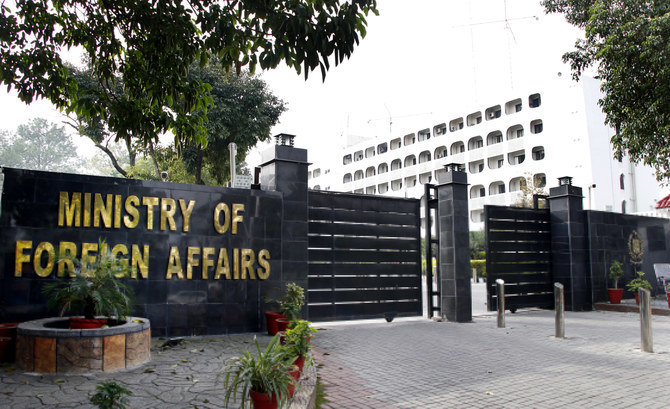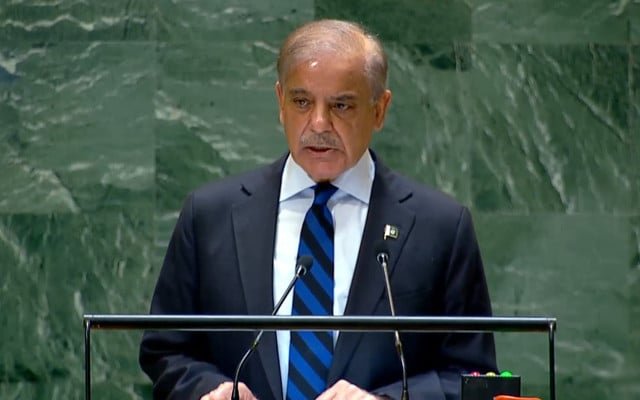In a bid to modernize Pakistan’s agriculture and secure the nation’s food future, Prime Minister Shehbaz Sharif has directed the formulation of a comprehensive action plan to enhance crop productivity, introduce technological reforms, and expand agricultural exports. The move is part of a broader strategy to strengthen food security, revitalise rural economies, and increase the country’s competitiveness in global agricultural markets.
Chairing a high-level review meeting on Tuesday, PM Shehbaz highlighted the urgent need for both short- and long-term reforms in the agricultural sector. He called for immediate steps to improve crop yields, support farmers, and ensure sustainable growth in the face of rising climate challenges.
The Prime Minister emphasised that the reform agenda must include modern farming tools, geographically appropriate crop zoning, high-quality seeds, and increased access to credit for farmers. He urged the government to create farmer-friendly policies that prioritise innovation, value addition, and export potential.
He also directed that an integrated plan be developed to provide farmers with advanced agricultural machinery and facilitate the growth of small and medium agro-industries, which are critical for turning raw crops into marketable goods. These efforts, he said, would not only boost income for rural communities but also increase Pakistan’s agricultural export volume.
Recognizing the importance of modern science and technology in farming, PM Shehbaz stressed the revitalisation of agricultural research centres, stronger public-private partnerships, and the adoption of artificial intelligence and climate-smart farming methods. He also called for increased international cooperation to bring global innovations into Pakistan’s fields.
In light of shifting climate patterns, the Prime Minister underlined the need to promote climate-resilient seeds, precision farming, and improved irrigation practices. He specifically mentioned the need for better inter-provincial coordination, particularly with Sindh and Balochistan, to explore new zones for cotton cultivation, which has been affected by changing rainfall trends.
As part of Pakistan’s green transition, PM Shehbaz directed authorities to explore the integration of bio-fuels into the national energy mix using agricultural inputs. He called for focused research and planning to make agriculture more sustainable and to diversify its role in the economy.
Stressing the importance of inclusive policymaking, the Prime Minister directed that farmers and agricultural stakeholders be actively consulted throughout the reform process. He also instructed officials to submit a complete action plan without delay to accelerate implementation.
During the meeting, officials briefed PM Sharif on the outcomes of the Rabi and Kharif crop seasons, the main challenges faced by farmers, and the current status of reforms already underway. Climate change and its mounting impacts on agriculture were also part of the discussions, with several mitigation strategies proposed.
The session was attended by Federal Minister for National Food Security Rana Tanveer Hussain, along with senior officials and agricultural experts.
By aligning technology, policy, and sustainability, PM Shehbaz’s vision for agriculture seeks to unlock the sector’s full potential, turning it into a key engine for economic growth and food resilience in Pakistan.
















